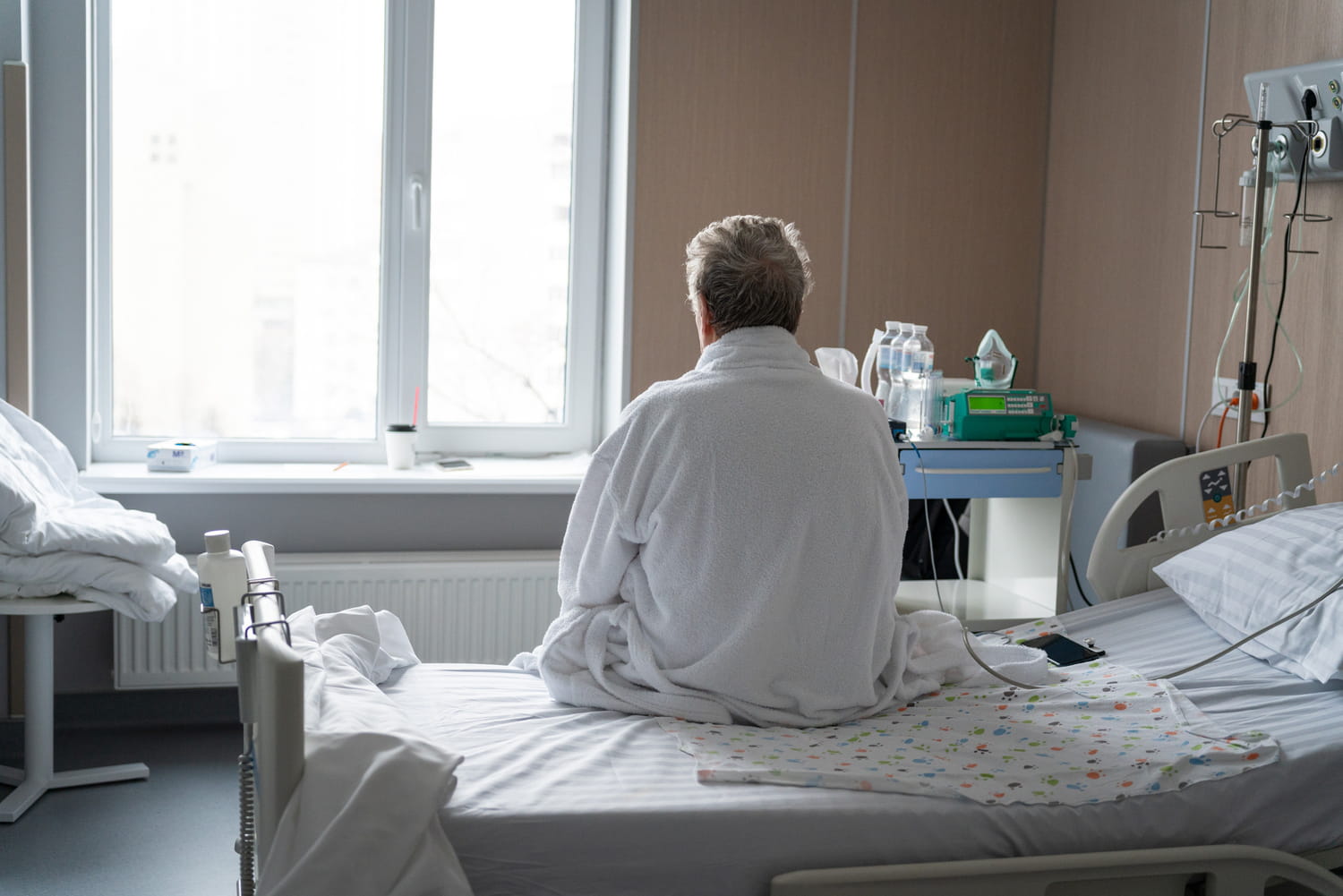Instead of removing the sick kidney, the surgeons removed the kidney in good.
According to the High Authority for Health (HAS), 4,630 “serious adverse events associated with care” were identified in France in 2024, a figure that the authorities recognize as “Very underdeveloped”, Because many cases are not reported. These accidents can lead to severe disability and put the lives of patients in danger. They question the application of protocols supposed to secure the care of patients. This is precisely what an illustrous case revealed by the Radio France investigation unit.
Last July, a 77 -year -old man was operated on for a kidney tumor. He had to undergo the complete ablation of the sick kidney, but instead of removing the sick organ, the surgical team withdrew the healthy kidney. A “Side error” Extremely rare, as our colleagues from Franceinfo point out, but which questions the effectiveness of checklists made by nursing staff in the event of intervention. According to Radio France, these safety checklists in the operating room “are too often incomplete and poorly informed”. They should normally be applied before the induction of anesthesia, before the incision and before the outing of the operating room. Among the points to be checked are the identity of the patient, the intervention provided and the operating site. The patient had confirmed his identity well and appointed the sick kidney.
The intervention took place in the urology department of the Henri-Mondor Hospital, in Créteil (Val-de-Marne), establishment of public assistance-Hôpitaux de Paris (AP-HP). According to Radio France, a misinterpretation of the scanner report could be the cause of the error. After the failed intervention, the patient was transferred to another hospital where he has emerged in an emergency a new operation to withdraw the tumor. His vital prognosis is not committed but he will have to live with the irreversible consequences of the loss of his healthy kidney. His family has initiated legal proceedings against the AP-HP.
This case is not isolated. In 2012, a patient careful for cancer also suffered the ablation of the bad kidney to the Sainte-Anne clinic in Strasbourg. The case had been brought before the courts and the surgeon who had operated it was canceled by the order of doctors. To reduce the risk of error, HAS and France ASSOS Health recommend that patients actively participate in checks before an operation: recall their identity and the body concerned, check that the operating site is marked, and bring all their recent exams. They can also ask the medical team to apply the safety checklist in their presence. These simple gestures strengthen collective vigilance and help secure the intervention.








